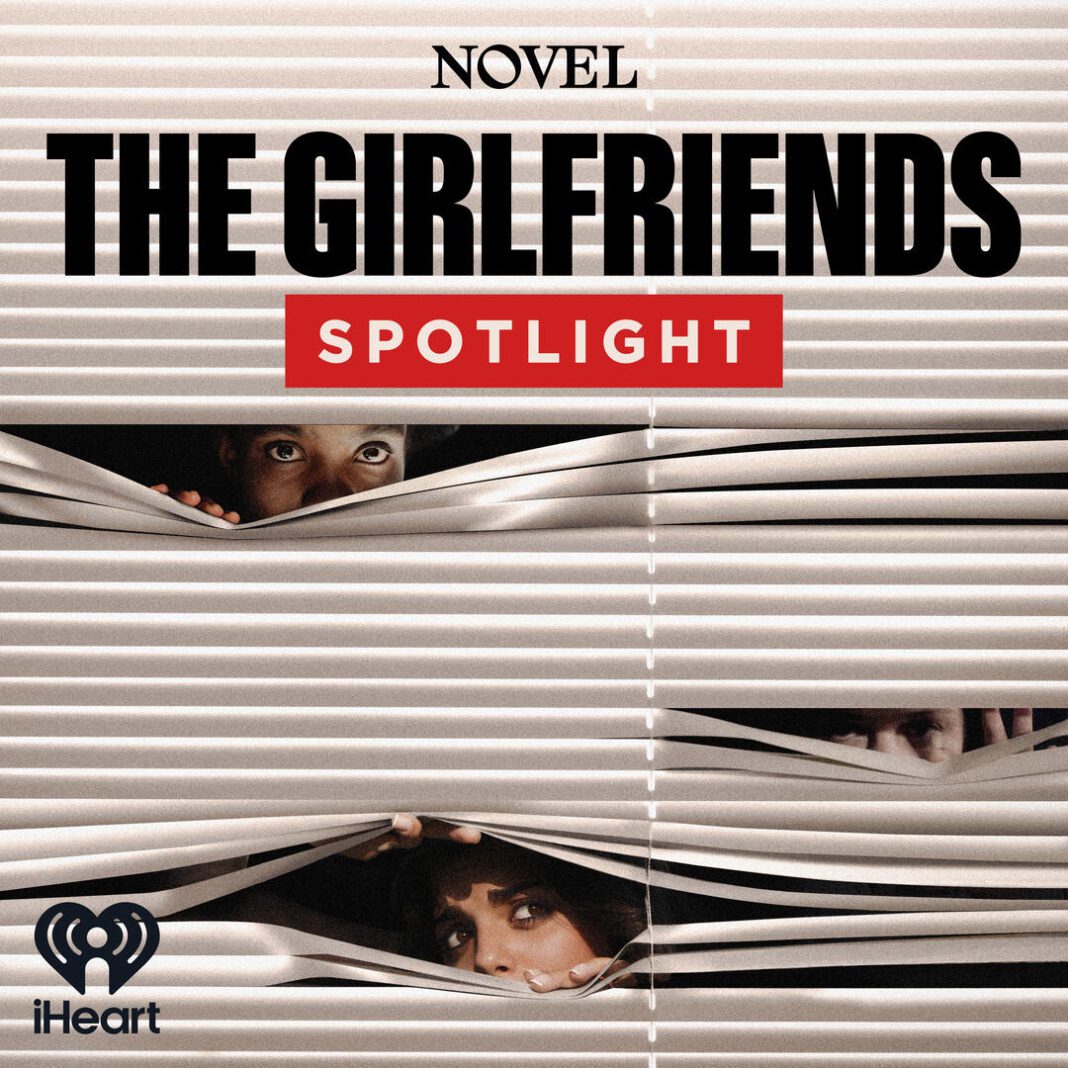Donny Hathaway was an American singer who shone brightly in the 1970s. He was a genius, loved by his peers, but often missed by the wider world. Born in Chicago, he started singing at just four years old, calling himself “Little Donnie Pitts… the youngest [gospel singer] of the nation.”
By 1970, his live performances were already famous. They mixed skill with deep emotion. But his 1973 album Extension of a Man didn’t do well, despite hits like “Someday We’ll All Be Free.” Poor marketing and his mental health issues were big reasons.
So, how did an artist who changed soul music leave such a complex legacy?
Hathaway’s journey was both artistic and personal. He went from gospel to his last studio work before dying at 33. His hits like “The Ghetto” and work with Roberta Flack earned praise. But his struggles with schizophrenia and early death in 1979 made his full impact hard to see.
This article looks into how his music, like Thank You Master (For My Soul), continues to touch on cultural battles and victories.
The Rise of a Soul Music Icon: Donny Hathaway’s Early Years
Donny Hathaway started in Chicago, where his grandma’s gospel singing was his first music lesson. Growing up on the South Side, he learned the rhythms and harmonies of Black church music. By 15, he got a scholarship to Howard University, studying composers like Debussy and Stravinsky.
This mix of sacred music and academic training created a unique sound in soul music.
At Howard, Hathaway became a master of piano and composition. He balanced Bach fugues with the raw emotion of gospel. His first job as a musician was in 1966 for Curtis Mayfield’s Curtom Records.
Quincy Jones, who recently passed away, mentored Hathaway. Jones said, “He heard music in ways others couldn’t.” This is from Dionne Warwick’s tribute to him.
Howard’s tough program and Washington D.C.’s Black culture scene helped him grow. By 1969, he was arranging hits for The Impressions and Aretha Franklin. His 1970 album, Everything is Everything, was a hit for its bold messages.
But, mental health issues started to affect him early on. This struggle would shape his career.
Donny Hathaway’s Groundbreaking Albums and Collaborations
Donny Hathaway’s career was short but impactful. He released just three solo albums, each changing soul music forever. His 1970 debut, Everything Is Everything, mixed gospel and jazz. It included hits like “This Christmas” and “The Ghetto,” showing his skill in blending social messages with beautiful melodies.
By 1972, his Live album showed off his talent as a performer and arranger. It featured extended versions of songs like “Zygygy Concerto.”
Hathaway was known for his collaborations. His 1972 album with Roberta Flack, Roberta Flack & Donny Hathaway, won a Grammy for “Where Is the Love.” Their work together, like “The Closer I Get to You,” became classics. Hathaway also arranged music for Flack, solidifying his status as a visionary songwriter.
“His music was an honest reflection of life, the times we live in, and all the crazy stuff in between.”
In his short career, Hathaway was meticulous with his music. His 1973 album, Extension of a Man, included “Someday We’ll All Be Free,” showing his deep vision. Though he only released four albums before his death, his impact as a songwriter and producer is huge. His songs, like “A Song for You” and “I Love You More Than You’ll Ever Know,” are timeless.
His work with Flack alone produced three top songs. Their Grammy-winning album is a gold standard for vocal duets. Hathaway’s unique blend of emotion and technical skill made him a beacon in soul music’s heyday.
The Unmatched Vocal Prowess That Defined a Generation
Donny Hathaway’s vocal prowess went beyond skill, mixing technique with deep emotion. His voice could leap across four octaves, leaving others like Stevie Wonder amazed. Wonder even called it “a gift from God.”
Technical Brilliance and Range
Hathaway’s use of vibrato and melisma was unmatched. He could stretch notes into soulful sounds or sharp cries. His 1970 performance of “For All We Know” showed his voice’s range, from soft whispers to loud peaks.
Producer Curtis Mayfield praised his control, saying it was “textbook.”
Emotional Depth and Authenticity in Performance
People often say his singing was “heartbreaking” or “spiritual.” Dr. Lena Cole notes, “He turned pain into art.” Songs like “Someday We’ll All Be Free” felt like a personal talk.
His unique “vocal crying” made audiences cry without words, as arranger Al Jackson described.
The Piano Playing That Complemented His Voice
Hathaway’s piano playing was groundbreaking. Tracks like “This Christmas” combined his piano with singing, creating rich harmonies. Producer Leon Ware called it “a symphony in miniature.”
His left hand kept the rhythm, while his right hand soared, showing his talent as both singer and player.
Live Performance Magic
His 1972 Fillmore concert was legendary. He paused mid-song to let the audience catch their breath. His call-and-response segments made the crowd feel like they were part of the show.
Historian David Ritz wrote, “He didn’t perform—he transformed stages into sacred spaces.”
“His music wasn’t just notes—it was a language of survival,” said soul historian Vicki
Even today, artists like Jill Scott and John Legend look up to him. His legacy shows that true artistry goes beyond just skill. Hathaway’s work remains a model for authenticity in a world of trends.
Cultural Impact and Grammy-winning Legacy
Donny Hathaway’s musical legacy lives on through classics like “This Christmas” and powerful songs like “The Ghetto.” His 2018 Lifetime Achievement Grammy, alongside legends like Dionne Warwick, solidified his status. His unique blend of soul, jazz, and gospel broke new ground in music.
His work with Roberta Flack, like “Where Is the Love,” added depth to soul music. Artists like Alicia Keys and Stevie Wonder say he inspired them. His song “Someday We’ll All Be Free,” covered by Aretha Franklin, continues to call for justice.
“Donny’s voice is perfection itself,” declared Justin Timberlake, echoing sentiments across generations. Amy Winehouse once called him her “favorite artist of all time.”
Even 45 years after his death, Hathaway’s impact is felt. A 2024 tribute concert in Los Angeles honors his talent. His music, from gospel to socially conscious songs, connects past and present. It shows soul music can express personal feelings and spark change.
A Voice Silenced Too Soon: How Hathaway’s Music Transcends Time
Donny Hathaway’s death in 1979 shocked the music world. Yet, his legacy lives on through artists like Alicia Keys and H.E.R. They carry on his blend of skill and emotion. Hathaway’s life and music are celebrated in Kelvin Roston Jr.’s play Twisted Melodies, which tackles mental health in the music industry.
His songs speak to today’s social issues. Tracks like The Ghetto reflect current activism. Covers, like Lauryn Hill’s versions, show his lasting impact. Even his 1978 duet with Roberta Flack on Where Is the Love gets new life in modern R&B.
Dionne Warwick recently talked about Roberta Flack’s legacy, highlighting how such collaborations shaped soul music. Hathaway’s work also reflects this social awareness.
Hathaway’s music, even in his final years, shows his innovative spirit. His struggles with mental health are part of his story but don’t define it. Today, his arrangements inspire producers, and his voice continues to move new listeners.
From jazz to hip-hop, Hathaway’s voice lives on in every artist who combines vulnerability with skill. His music tackles big issues like police brutality and mental health. Donny Hathaway may be gone, but his music calls for empathy and justice in every generation’s fight for change.










